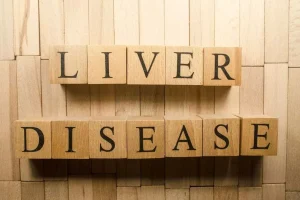
Mental health disorders, such as bipolar disorders, schizophrenia, and depression, can intensify withdrawal symptoms and complicate the recovery stages. In addition, mental health disorders often require specialized treatment. Depending on the severity of your addiction to alcohol, you may experience early-onset withdrawal cutting back on alcohol symptoms symptoms. These symptoms could be mild (headaches, sweating, nausea, tremors) or they could be more severe (hallucinations or seizures).
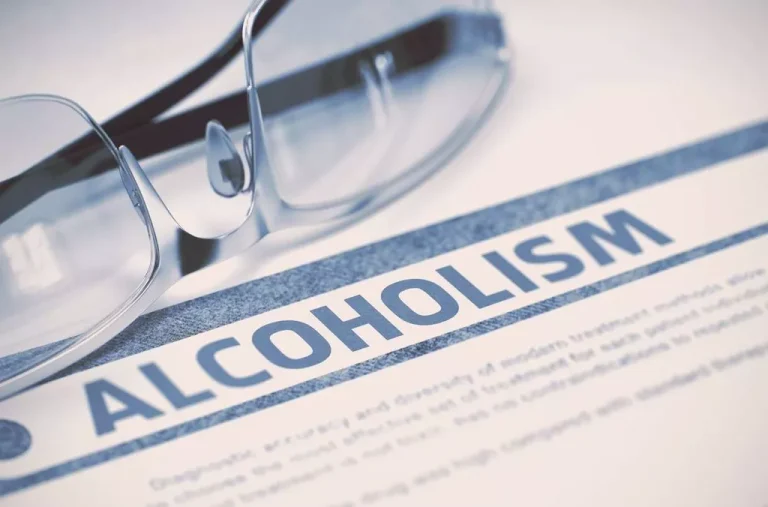
Moderate symptom (12 to 48 hours after the last drink)
But it can vary a lot based on the type of program you use. For instance, some 30-day inpatient programs cost $5,000, while others may cost $20,000. Similarly, 90-day rehab programs can range from $12,000 to $60,000. Severe delirium tremens can cause psychosis, which is a disconnect from reality. You could also feel paranoid, like others are lying to you or trying to hurt you. Issues with your memory and thinking clearly are also common.
Treatment Overview
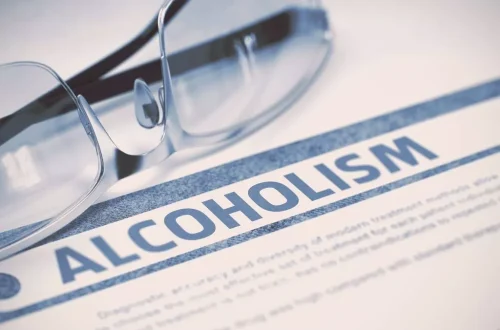
When you stop consuming alcohol after prolonged, heavy use, your CNS can’t respond or regulate itself fast enough. It becomes overexcited because there’s no more alcohol to slow it down. Some people experience prolonged withdrawal symptoms, like insomnia and mood changes, that can last for weeks or months. Therapy and counseling allow you to address the underlying reasons for drinking. They can also help you build skills to better manage stress and triggers. One particularly effective form of therapy is cognitive behavioral therapy (CBT), which alters negative thought patterns and replaces them with healthier ways of coping.
- Most people with mild to moderate alcohol withdrawal don’t need treatment in a hospital.
- For people at low risk of complications, an office visit to your primary care provider, along with at-home monitoring and virtual office visits, may suffice.
- And knowing what to expect at each stage can help you prepare for the challenges.
- If your symptoms get more intense, you may get a single dose of chlordiazepoxide or diazepam.
- In an ICU, your heart rate, blood pressure, and breathing can be monitored closely in case emergency life-support (such as artificial breathing by a machine) is needed.
Medication for Alcohol Withdrawal
Maintaining motivation doesn’t mean ignoring your achievements this far. It is usually difficult for people who drink to be completely honest about how much they’ve been drinking. You should report your drinking history straightforwardly to your doctor so you can be treated safely for withdrawal symptoms. You may hallucinate during withdrawal, meaning you could see, hear, smell, taste, or feel things that aren’t there. But unlike delirium tremens, you are aware that you’re hallucinating.
- Given its spectrum of manifestations from mild to severe and potentially fatal, all healthcare team members must recognize the signs and symptoms of this condition.
- We can help you move from dependence to sustained sobriety at Tree House Recovery.
- They can trigger extreme confusion, dangerously high blood pressure, and cardiovascular complications.
- Talk with your support person and make a plan to handle relapses ahead of time.
- People with frequent seizures or delirium tremens need intensive care in a hospital setting during alcohol withdrawal.
They can help you understand what to expect and help you come up with a safe plan. For now, it may be easier to skip meeting your “drinking buddies” and avoid gatherings that have a focus on drinking. Get rid of all beer, wine, and liquor, as well as any Oxford House products that contain alcohol, such as rubbing alcohol and vanilla extract. If throwing everything away feels too hard, give it away to a friend or family member.
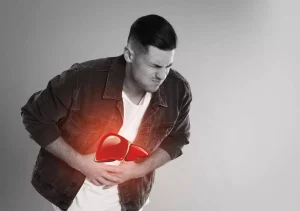
What Causes Alcohol Withdrawal Symptoms?
There is no exact timeline for alcohol withdrawal, and individual factors, such as the level of dependence on alcohol, will influence it. Many involve a combination of group psychotherapy (talk therapy) and medications. Your provider will provide resources for various programs. But treatment varies based on the severity of alcohol withdrawal and the likelihood that it could progress to severe or complicated withdrawal.
- About half of all people with alcohol use disorder go through it.
- Tell your family, friends, or others if you plan to quit drinking or are going through a withdrawal.
- But if symptoms worsen, seizures are most likely to strike 12 to 48 hours after you quit.
- When someone drinks alcohol for a prolonged period of time and then stops, the body reacts to its absence.
- The evaluation consists of 11 yes or no questions that are intended to be used as an informational tool to assess the severity and probability of an AUD.
- After one year, you enter into the phase of sustaining sobriety.
This could include everything from anger management classes to nutrition advice. It can be helpful to write down your reasons for quitting and the difficulty of withdrawal while it is fresh in your mind.
Learn more about Alcohol Withdrawal
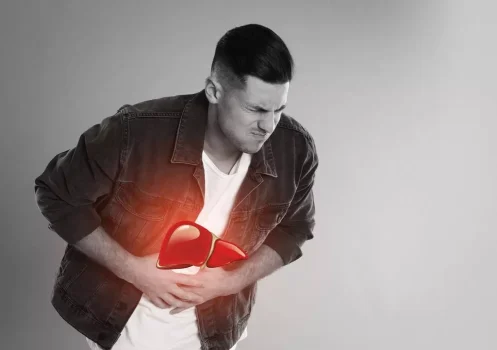
They can continue for several days and are often at their most intense four to five days after your last serving of alcohol. If you drink heavy amounts of alcohol for weeks, months, or years, you may have mental and physical symptoms when you stop or cut back. About half of all people with alcohol use disorder go through it. Behavioral treatment programs are helpful for people who want to quit drinking. These programs involve working with a team of mental health professionals in a group and individual setting.
Alcohol withdrawal can range from very mild symptoms to a severe form, known as delirium tremens. Even though your body and mind have made significant strides, it’s easy to be tempted to drink again. At this stage of recovery, preventing relapse should be a priority. The most important step you can take is to develop an effective relapse prevention plan, such as attending support groups and individual therapy sessions. You should also recognize your progress and celebrate important milestones.
Who Experiences Alcohol Withdrawal Symptoms?
Your doctor will probably also want to see you more regularly. As your body gets used to no alcohol, different treatments can make you more comfortable and keep your symptoms from getting worse. This process temporarily restores homeostasis, or chemical balance, in an effort to counteract the impact of long-term alcohol use on the brain. You’ll likely need other treatments for related health issues. Each of these symptoms can increase in intensity depending on the severity of the withdrawal.

